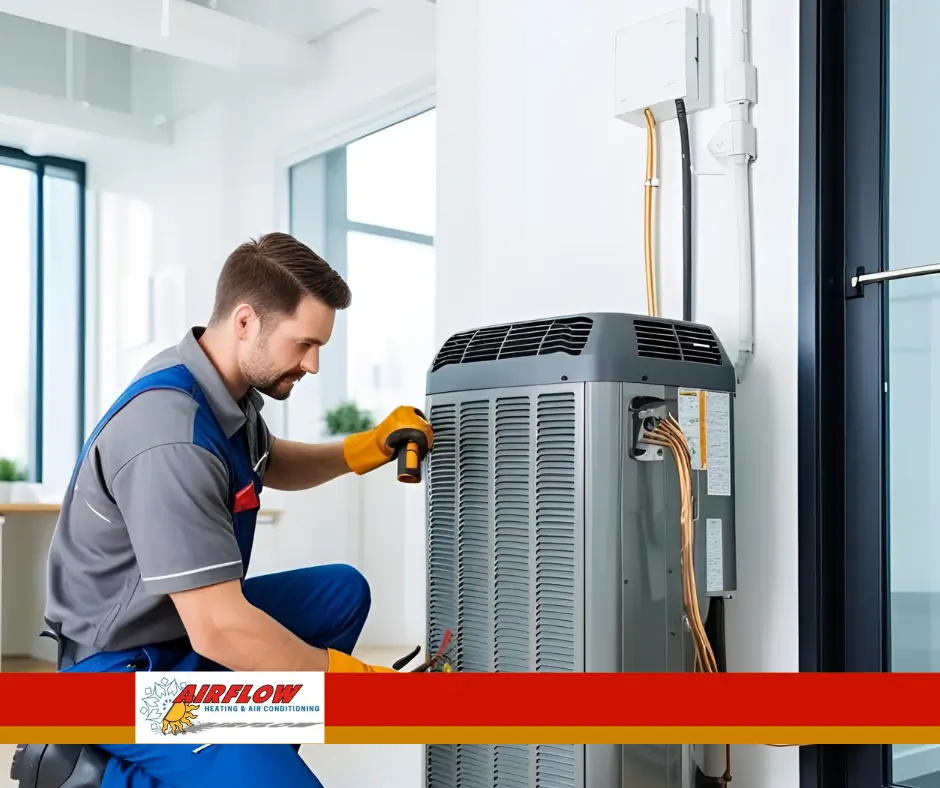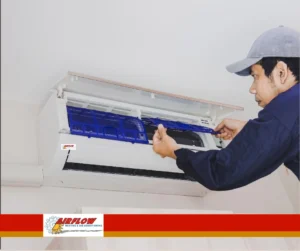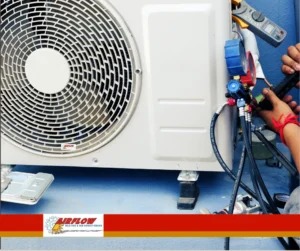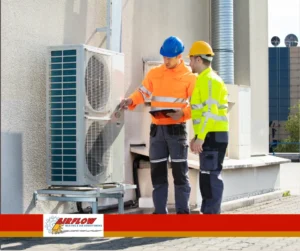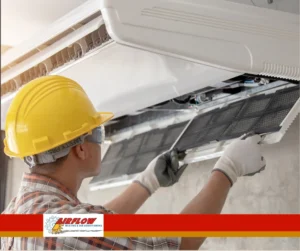If you’ve noticed your air conditioner struggling to cool your home or found yourself calling for Air Conditioning repair more frequently, your older system might be the culprit. As air conditioning units age, they become more susceptible to refrigerant leaks — a problem that can reduce efficiency, harm the environment, and lead to expensive repairs if left unchecked.
How Age Affects Air Conditioning Systems
Over time, the components of an HVAC system naturally degrade. Exposure to outdoor elements, vibration, and continuous operation take a toll on parts like copper refrigerant lines, coils, and valves. The result? Increased likelihood of refrigerant leaks that require prompt attention.
Most AC units begin to show signs of wear around the 10–15 year mark. Even with regular maintenance, older systems become more fragile and less efficient — making air conditioning repair a more common necessity.
Common Leak Points in Older Units
As systems age, several components become more vulnerable to leaks. These include:
- Evaporator and condenser coils: Corrosion and microfractures can develop due to long-term exposure to moisture and air.
- Refrigerant lines: Vibration and aging insulation can cause wear and lead to small cracks or pinholes.
- Schrader valves and connections: Seals degrade over time, leading to slow leaks that are hard to detect.
These issues typically don’t cause immediate failure but can gradually reduce system performance, increase energy consumption, and accelerate compressor damage.
The Role of Outdated Refrigerants Like R-22
Many older units were manufactured to use R-22 refrigerant, which has now been phased out due to its ozone-depleting properties. As R-22 becomes increasingly scarce and expensive, recharging these systems after a leak can become a costly and environmentally problematic process.
Newer systems use more eco-friendly options like R-410A, which not only reduce environmental impact but also operate at higher efficiencies. If your unit still runs on R-22, it might be time to evaluate whether repair or replacement is the better long-term choice.
Warning Signs of a Refrigerant Leak in an Aging AC
Early detection can help prevent expensive damage. Here are some signs that your older unit may be leaking refrigerant:
- Ice buildup on coils or refrigerant lines
- Hissing or bubbling noises
- Warm air blowing from vents
- Unusually high electricity bills
- Frequent need to recharge the system
These symptoms indicate that it’s time to call an HVAC professional for an in-depth air conditioning repair assessment.
Repair or Replace? Evaluating Your Options
If your unit is older than 12–15 years and frequently experiences refrigerant leaks or other issues, you may be facing a decision: keep repairing or invest in a replacement. While professional repairs can restore functionality, the long-term cost of repeated service — especially with outdated refrigerants — may exceed the benefits.
Modern systems offer:
- Improved energy efficiency
- Longer system lifespan
- Compliance with current environmental regulations
- Reduced risk of refrigerant-related issues
Preventive Maintenance: The Key to Longevity
Even with an aging system, regular preventive maintenance can extend its useful life and minimize refrigerant leaks. Key services include:
- Annual coil inspections and cleaning
- Refrigerant pressure checks
- Leak detection and sealant application
- Checking and replacing worn valves or tubing
Investing in maintenance helps prevent emergencies and keeps your air conditioning system running as efficiently as possible, even in its later years.
Final Thoughts
Older air conditioners are naturally more prone to refrigerant leaks due to material degradation, outdated refrigerant types, and years of wear and tear. Recognizing the signs and scheduling timely air conditioning repair can help avoid major breakdowns and unnecessary energy waste. And if your system is nearing the end of its lifespan, replacing it with a modern, energy-efficient model may offer better value in the long run — for both your wallet and the planet.
READ MORE:

